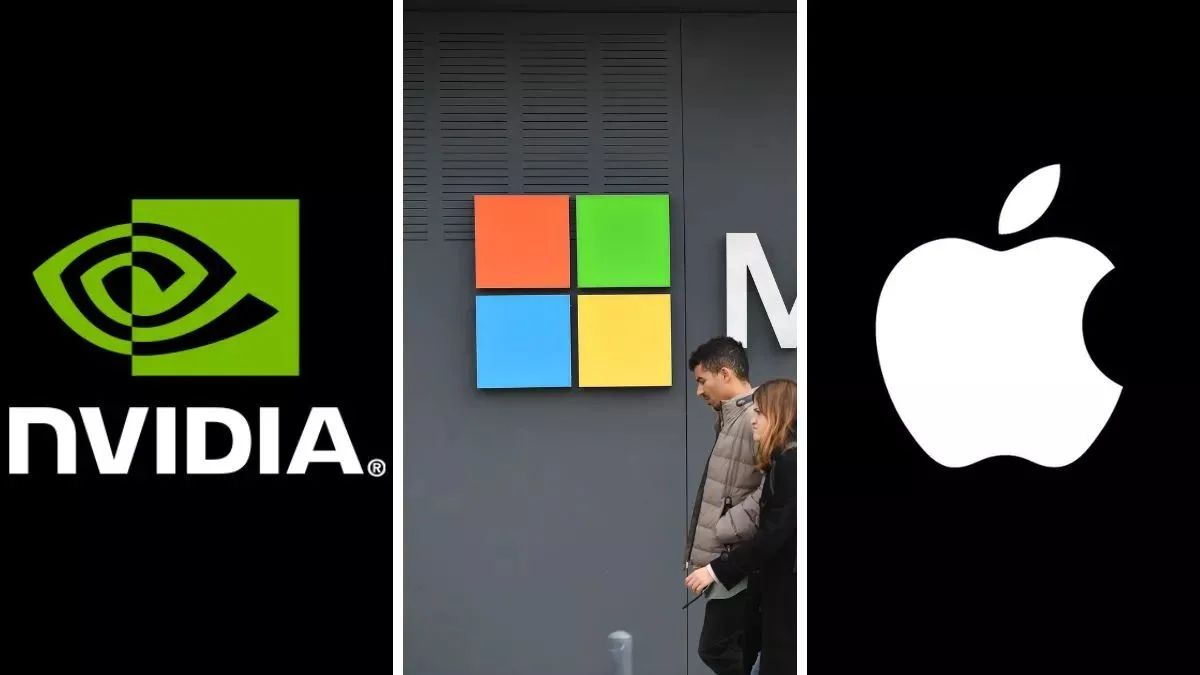Several key companies saw significant changes in market capitalization since the previous close, driven by sector performance and investor sentiment. Leading the gains, Nvidia (NVDA) experienced a remarkable $53.8 billion increase in market cap. The surge in the Semiconductors & Semiconductor Equipment sector comes amid continued optimism surrounding Nvidia’s AI capabilities and demand for its cutting-edge chips.
In contrast, Apple (AAPL) saw a sharp decline, with its market cap dropping by $21.3 billion. The drop in the Technology Hardware, Storage & Peripherals sector follows concerns over potential production challenges and market saturation for some of Apple’s key products. Investors are keeping a close eye on the company’s upcoming earnings to gauge its future performance.
Another major decline occurred in Tencent Holdings (TCTZF), where the company lost $12.7 billion in market cap. The Interactive Media & Services sector has been facing regulatory challenges in China, impacting Tencent’s growth outlook. These headwinds have caused significant uncertainty for investors.
On the positive side, Eli Lilly (LLY) saw a gain of $11.7 billion in market cap, driven by strong developments in the Pharmaceuticals industry. The company continues to benefit from positive momentum in drug approvals and advancements in medical treatments, which have bolstered investor confidence.
Finally, Microsoft (MSFT) added $8.9 billion to its market cap, reflecting strength in the Software sector. With continuous growth in cloud computing and AI-driven solutions, Microsoft remains a major player in the tech industry, and investors remain bullish on its long-term prospects.
These movements underscore how sector-specific developments, regulatory concerns, and technological advancements are shaping the current landscape for market leaders.


